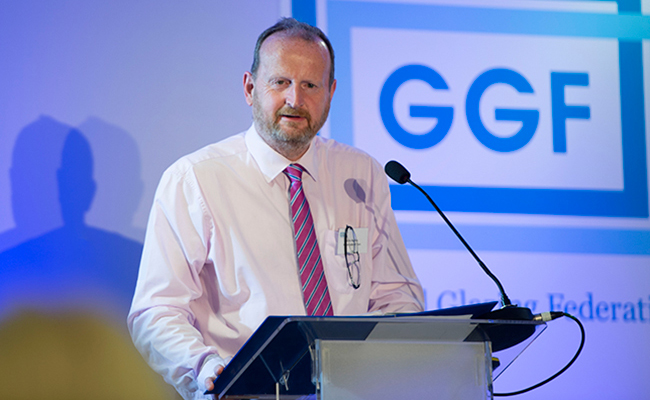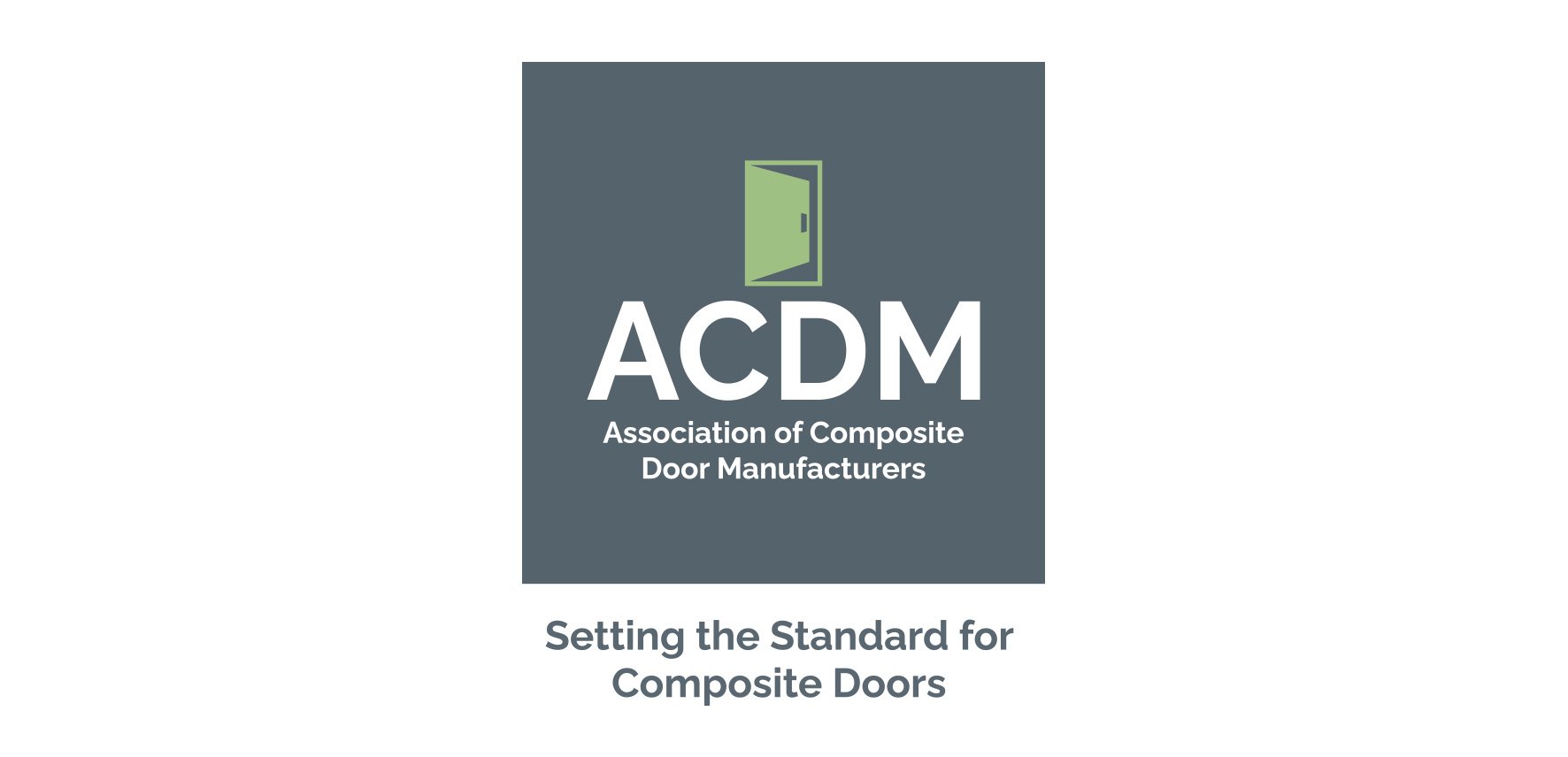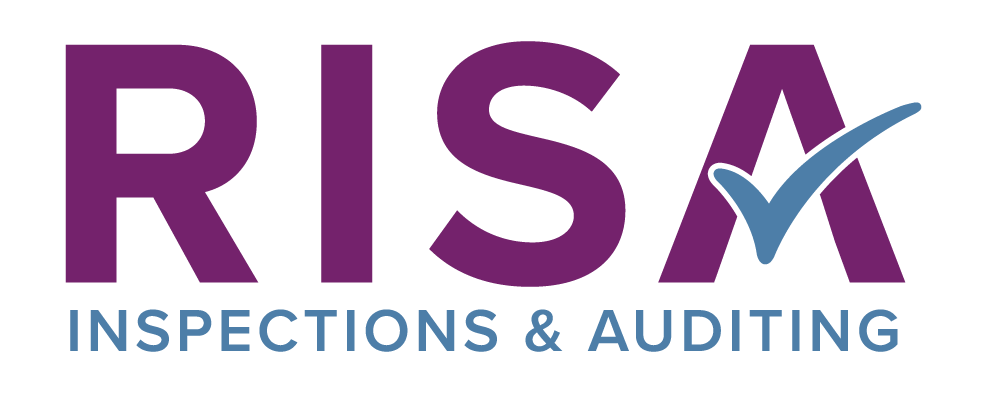The GGF Governance Review – a word from Dave Broxton, Board Director

Over four years ago, at the Chairpersons Forum, the GGF Board was instructed to review the Governance of the Federation to include, the articles, the rules and the structure of the GGF. I know this because at the time I was a member of the Chairpersons Forum as the GGF Regional Chair for the North-West and North Wales and I was a very vocal advocate for the modernisation of the GGF.
The GGF was founded in 1977 as a successor to the Flat Glass Association and incorporated the Insulating Glass, Safety Glazing and Glass Benders Associations. For the first time, all the major trade bodies of the industry came together as one body, the GGF. Despite the agreement to consolidate the four into one, each organisation endeavoured to maintain its power base, first through the Articles of Association and secondly via the rule book, which gave seats on the Board to the various officers of the four federations.
Over the years, successive GGF Boards changed the rules to suit their needs, often without considering the implications of merging a committee here or removing an executive there. Consequentially, by 2020 the GGF Rules had become confusing and dysfunctional, referring to non-existent CEO’s and long since disbanded committees. On the other hand, the articles had largely avoided the attention of previous Boards, which meant that after more than forty years they too were not only out of date but unfit for purpose.
These then were the circumstances in which the Board accepted the review requested by the Members via the Chairpersons Forum. However, the size and scale of the challenge plus the necessity to prioritise other more pressing business issues meant that a Governance Working Group (GWG) did not start work until Spring 2022. Its first job was to establish its full terms of reference, but the headline terms were:
– To review and feed into updated GGF Rules and Articles of Association.
– To review the existing governance structure against best practice (in the context of being an SME membership organisation)
– Where there were gaps, to debate options for changes and agree proposals
– To review and feed into the governance handbook, covering Board and Committee terms of reference, role descriptions, codes of conduct, etc.
The Governance Working Group was a mixture of longstanding GGF Members with a special interest in governance, as well as GGF Board Directors, the GGF President and representing the Executive, Chief Development Officer Anda Gregory. The work of the GWG was greatly assisted by Anda who quickly identified with the Federation solicitors that the Articles of Association did not reflect the nature of the business, which potentially placed the Board in breach of Company law. This made the Articles the immediate priority for the GWG, as from a Governance perspective everything else spun off the Articles of Association. Anda was also instrumental in creating a Governance Actions matrix that reduced the scale of the task to bitesize chunks. By December 2022, the GWG had resolved on a draft of the new Articles for the Board to consider and was ready to move on to the Rules.
Sadly, Anda Gregory left the GGF to take up other opportunities in January 2023, which left the Governance Working Group somewhat adrift. Nevertheless, the draft Articles were subsequently approved by the Board and then by the Members at Spring Conference 2024. During this period, Natalie Little had been elected President on an agenda to modernise the GGF and in consultation with the GGF Board, a draft strategy was developed which directly fed into both the structure of the GGF as well as the Rules. Given the confidential nature of the GGF Strategy, it was decided to disband the GWG and to bring the Rules revision into the Board and with the arrival of Sarah Cresswell as Head of Strategy, a smaller group took on the task of reviewing the Rules of the GGF in collaboration with GGF solicitors Blandy & Blandy. The outcome of that review is the current draft of the GGF Rules, which reflects:
– the incorporation of many features of corporate best practice, including fully independent non-executive Directors
– a redefined Board structure, with an overriding GGF Board with oversight of the GGF and Group Subsidiaries
– a Federation Board with a clear focus on GGF matters rather than subsidiary topics
– clearly defined election processes, including term limits and job descriptions for specific roles for applicants to any Board position
– the opportunity for Members to propose new Rules and amend existing rules
– the removal of the ‘two-years, full accounts’ barrier to Membership.
On a personal note, before I joined the Board in January 2022, I would sit at the AGM’s much like many of you today. There was a feeling of ‘Groundhog Day’. It seemed like the we heard the same speeches every year and that everything was always in the planning but never delivered. All the time the Members were asking for more technical support, bespoke training opportunities, health and safety guidance. We wondered why the glass and glazing industry didn’t seem to get recognised when the Government rolled out initiatives like the Green Deal.
I think that has changed. In the last two or three years, there has been a build up of momentum within the GGF that is destined to continue well into the future. There has been tremendous progress within the Technical Team including the recruitment of some impressive new staff and the introduction of the online Technical Hub. Within that team we have also seen the roll out of an industry gold standard Skilled Pathways training programme, which Members have been crying out for, literally for years. The GGF is now deeply embedded within His Majesties Government. For years the GGF spent money on consultants with the best of intentions but no obvious return on investment. Now we have a seat at the table through the advocacy efforts of our own people and Government is reaching out to the GGF. In Health & Safety too the GGF has made progress, launching an IOSH approved safety management course specific to our industry. Through BFRC the GGF has established its own test house in Telford and will bring a wide range of glass and fenestration testing options to Members. And this is just the start of a long term strategy to invest GGF Funds directly into projects that deliver Member benefits.
Despite all the progress that has been made and the greater transparency and engagement from the Board there will still be those who will question, why do we need another Board? The answer is simple, the current structure, as good as it has served the Members for 47-years, is flawed. A multi-million-pound group of businesses should not be relying on unpaid volunteers to run its affairs. For years, the existing structure has mitigated against change, progress and expansion. The current Board is full of people with exceptional talents but these can only be exploited when the Board sits. It is difficult to drop in and out of GGF strategy topics when the Board meets so infrequently and everyone on the Board has a full-time job. In addition, because of the existing rules, most Directors represent a specific area of the industry, which in itself potentially exposes them to influence from their committees or executives. In the future this will be less of a problem because the Federation Board will focus on Federation matters but the GGF Group of Companies demands its Directors serve every GGF company with no special interests.
For this reason, all the current GGF Directors support the appointment of a GGF Group Board, comprising experienced, independent non-executives, to work alongside the CEO and the newly appointed CFO. This Board will offer oversight of all the Group companies to ensure that each company fulfils its maximum potential. Most importantly, a long-term strategy for the GGF Group can continue to be rolled out without the disruption of the rotation of Presidents and their associated agendas. Indeed, the role of President and Vice President will continue within the Federation, but now largely as an honorary role reflecting an individual’s contribution to the GGF.
It is true, the creation of a GGF Group Board will involve some additional cost but the long-term strategic benefits of injecting independent, non-executive, business experience into the GGF Group, will drive growth and deliver better value to Members. It will also hold the Boards of Group companies to account without affecting their independence. Finally, continuing as we are is contrary to governance best practice and therefore simply not an option. The GGF Group has grown so large and diverse that it requires the best oversight and management we can afford, rather than relying on volunteer Members to oversee its governance. It is the 1970’s structure we have persisted with that has bought us to this point, where the GGF simply has to change and evolve. So to conclude, as both a Director of the GGF and one of the people who has been present throughout this whole Governance Review process, I am happy to take any questions from the floor and provide you with the best answers I can.
Words from Dave Broxton, Director of the GGF and Managing Director of Bohle UK Ltd.

 Emergency Glaziers
Emergency Glaziers GGF Shop
GGF Shop MyGlazing.com
MyGlazing.com Find a GGF Member
Find a GGF Member













